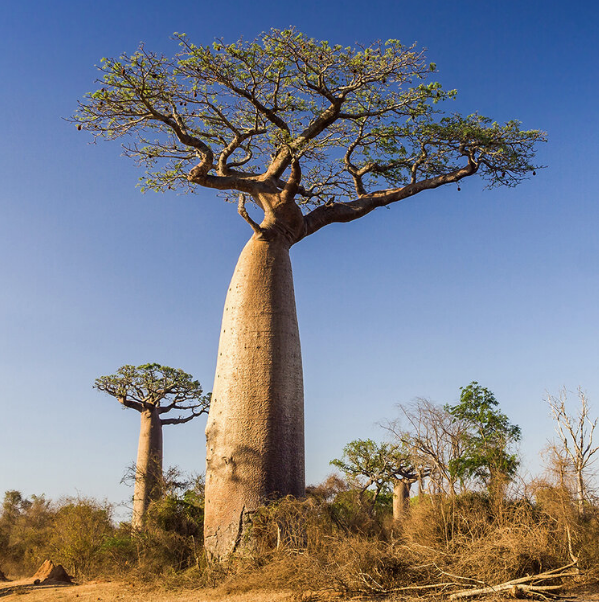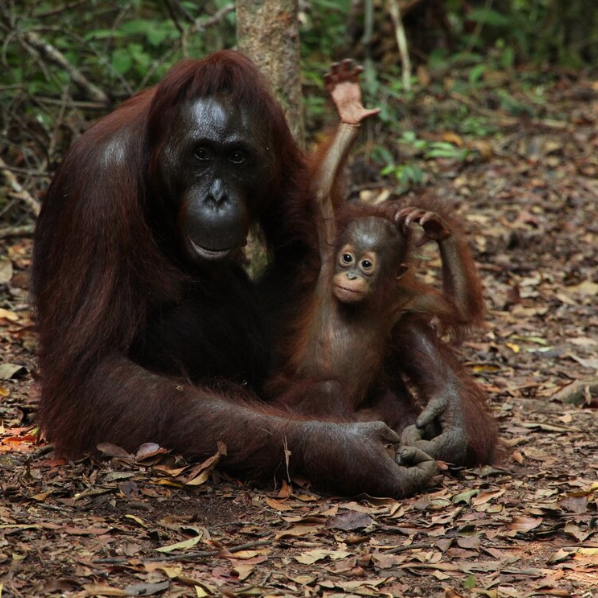Deb, Vanessa, and Rachael share about the 2019 fires, the role of Indigenous women in cultural burning, the relationship between kin and fire, and how the intensity and scale of these bushfires need to be situated in context to the Australian government’s continued aggressive expansion of fossil fuels and coal mining.
Read MoreNatasha discusses the necessity of finding non-human guides, the responsibility we have to make room for plants, anthropomorphism, restoration ecology, and reconfiguring our relationship to the future.
Read MoreCaldicott draws our attention to the realities of nuclear power reactors, proliferation and weapons, as well as the ways in which nuclearism has already wrought an unimaginable amount of havoc and trauma on our environment, culture and bodies.
Read MoreDr. Stafford has spent years listening to the sounds of climate change in the Arctic and learning how anthropogenic sounds, like ship propellers and oil and gas exploration, are changing marine mammals’ capacity to communicate.
Read MoreFocusing on stories of wild life, we extend our conversation with Jahawi into the realm of what our wild futures look like amidst ongoing development. We ask how development is changing life and landscape in Kenya, as sizeable and extensive infrastructure projects are created across the country, as well as the colonial origins and echoes of conservation.
Read MoreWe discuss parenting and caring in the Anthropocene, the connection between tourism and militarism, Guåhan’s layered history and his most recent book of eco-poetry Habitat Threshold, which intimately explores ancestry, ecological collapse and the ongoing legacy of capitalism, imperialism and colonization.
Read MoreLearn the ins and outs of issues playing out at the transboundary, such as the toxic legacy of tailings disasters, the complexities of management and enforcement on the ground, the polluter pays principle, and the golden triangle in B.C.
Read MoreWe are honored to once again share this episode with you as a profound reminder of the place we share with the qwe 'lhol mechen, their capacity for memory, grief, and love, and the many ways that the Lummi Nation continues to protect, defend, and restore the Salish Sea.
Read MoreAyana and Mike’s conversation touches on the history of cattle ranching and grazing rights, trophic cascades and the vitality of death, the violent lineages of conservation, and ecological restoration as an antidote to species loss.
Read MoreThis episode is a call to the human heart. The impassioned Kurt Russo, speaking on behalf of the qwe 'lhol mechen, is one that will imprint itself on your memory as a cold hard look into the mirror of humanity.
Read MoreAyana and Dr. Wagner discuss insects as biological controls, insect decline in relation to political and economic destabilization, how cultural understandings of insects influence the field of entomology, and the main drivers behind insect decline.
Read MoreAyana and Andrea discuss a myriad of topics ranging from the importance of an intelligence-led approach to combating wildlife crime, how wildlife crime impacts local and global economies, the geography of trafficking, the socio-political realities that necessitate poaching and trafficking, and the grave danger posed by an increased militarization of conservation.
Read MoreHow do trees communicate with one another and act for the common good? Why are oceans utterly dependent on healthy forests? How would a regenerative society meet its resource needs? What do children know that their parents have forgotten?
Read MoreLearn how glacial retreat is impacting communities, the connection between extractive tourism, extractive science, and glaciers, why it matters that the majority of glaciology has been produced by white men, and the ways in which polar and mountain explorations have furthered colonial, capitalist, and imperialist projects.
Read MoreSubhankar calls on us to find our connection with the Near North while clarifying many misconceptions about the current status of the Refuge and the history of extraction in Alaska. We must do these sacred grounds justice in our actions and minds.
Read MoreAyana speaks with Dr. William Laurance about the future of old growth forests, the many impacts of climate destabilization and drought, the dangers of positive feedback, and how infrastructure development is both driving and worsening climate chaos.
Read MoreJoin So and Pinar as they explore how tracking and trailing answer the call of our ancestral bodies and the land, what deep intimacy with the more than human world looks like, how place-based skills are tools of liberation, and how to heal community, we cannot solely be in reciprocal relationships, we must be in accountable ones as well.
Read MoreHow often do we zoom out to take collective responsibility for our impact as a human species on the voiceless nonhumans? What is constantly being sacrificed in exchange for our leisure, our luxury, our consumption? Join us in discussion with Kevin Schneider, an attorney and the Executive Director of the Nonhuman Rights Project.
Read MoreWe are joined by Dr. Biruté Mary Galdikas, a globally renowned anthropologist, conservationist, and orangutan researcher. She has been researching and working with wild and wild-born ex-captive orangutans for nearly half a century.
Read MoreWhat is the relationship between the destruction of beaver population and ecological collapse? Join us in conversation with Ben Goldfarb to learn how the slaughtering of beaver became the gateway to settler colonization and extraction culture.
Read More



















